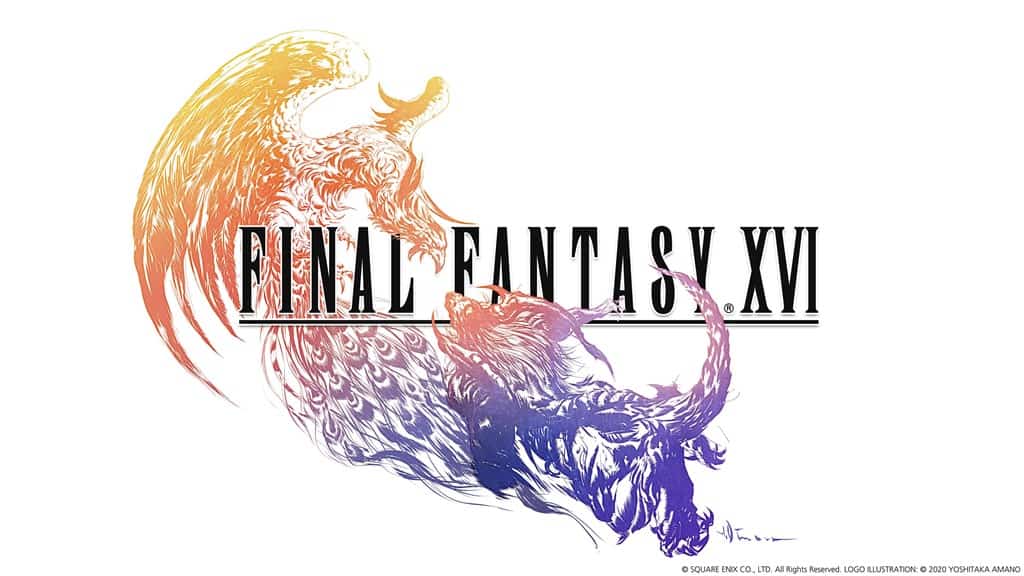There has always been division within the gaming community as to what truly designates a game as an RPG. Is it the CRPG (computer role-playing game), hewn from the monolithic archetype that is Dungeons & Dragons, affording players absolute agency in their actions while abstracting their interactions with their environments and opponents behind a numeric system? Is it a JRPG (Japanese role-playing game), with a linear storyline and menu-based combat, the equipping of weapons, armor, and accessories being the only place in which the player is offered a true choice?
Types of MMOs and RPGs to Decide What A Game is
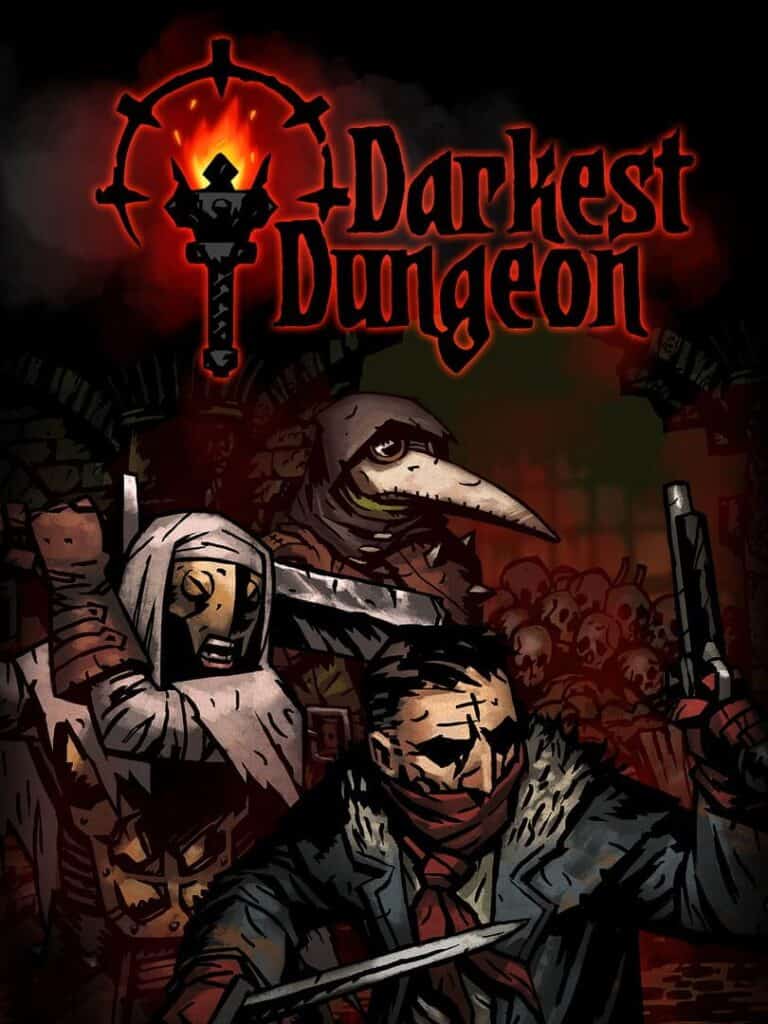
Is it any game with a party? No, because that excludes solo dungeon crawlers. Is it any title in which the player “levels up” or otherwise increases his character’s skill through gameplay? Not unless people are willing to include the multiplayer components of Modern Warfare 3 and Battlefield 3 under the RPG awning.
These are murky waters. The proliferation of RPG elements throughout action games has come to the point where the genre itself has become a nebulous, malleable thing with a multitude of colorful variations, from the traditional style of Dragon Age: Origins to the more action-heavy Mass Effect 2. The line that separates RPGs from the other game types out there has become blurred with time.
Specific Traits of an RPG
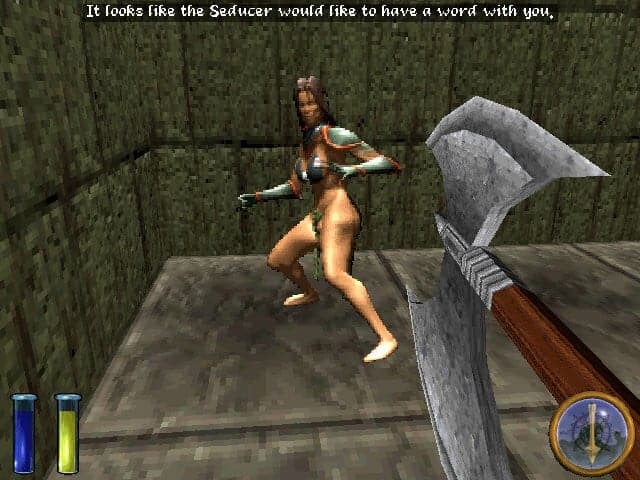
The one thing you are not likely to find in a single-player RPG, however, is a multiplayer story. From the Elder Scrolls series to Alpha Protocol, from Final Fantasy all the way to Tales Of, very few RPGs offer a multiplayer component with any sort of true agency for the second player. There are exceptions, of course, such as the Diablo series and Borderlands, but these are built upon what amounts to almost a light MMO framework, hamstrung only by its lack of support for thousands of players at once. After all, what’s an MMO without the “Massively”?
True MMOs
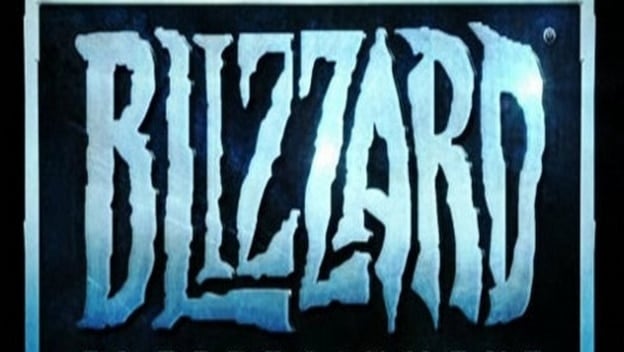
Take the MUDs (multi-user dungeons) out of the equation, the first true MMO was probably Ultima Online. The one that really set the genre ablaze, however, was Everquest. It was only in the wake of Everquest’s success that dozens of copycat games and less traditional variants on its formula sprouted up. In time, World of Warcraft came along and dominated the field, becoming the standard MMO framework. Every MMO that comes out has to justify its existence not only on its own merits as a game but based on how it compares to WoW. Is it overly similar? Does it ignore the lessons developers learned from Blizzard’s behemoth, both its missteps and its triumphs?
Yet, as much as they strive to differentiate themselves from Azaroth’s MMO heavyweight, players are generally being provided with a very similar experience, regardless of which game they play. Gameplay consists of running from quest giver to quest giver, going out and killing or collecting whatever creature or object is the focus of your task, and returning to claim your reward and further your way through the world. Some games have tried to do it differently, such as Planetside and Tabula Rasa, neither of which was particularly successful, but they introduced solid action elements to the persistent world archetype and tried to make questing more organic.
How an End Game Effects MMOs/RPGs
By and large, MMOs live or die by their “end game” content. While a single-player RPG, regardless of how much choice it offers, is generally about the journey, an MMO is about what the player and a large band of other players can accomplish once they get there. It’s only then that players are privy to the greatest spectacle and able to obtain the most powerful equipment. It’s this level of play that most distinguishes an MMO from a single-player RPG, and it’s the only point at which avoiding the game’s social component, the “massive” aspect of it, becomes impossible. But why would you play an MMO if you wanted to avoid socialization?
What exactly is Star Wars: The Old Republic?
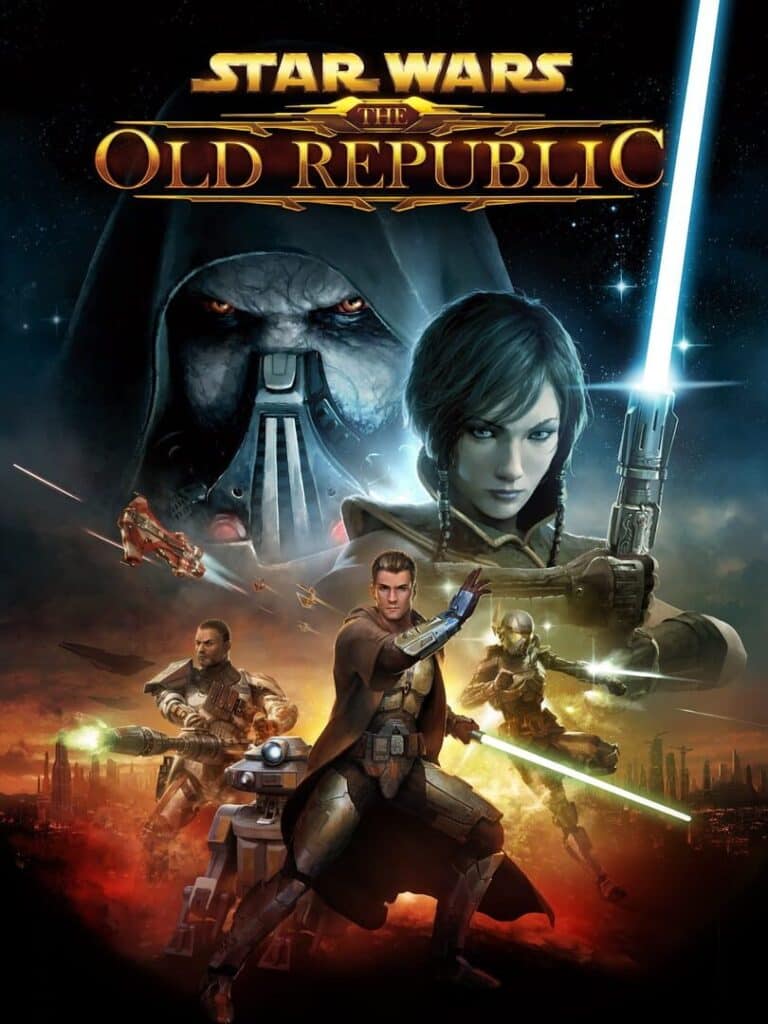
Well, let’s look at Star Wars: The Old Republic. It’s out now, but people have been playing it for months in the beta and en masse over the week-long head start. At that time, players were treated to BioWare’s trademark storytelling flair. They’re remarkably skilled at pulling players in on an emotional level, investing them in the goings-on of the universe. This is, in part, accomplished by making the story a deeply personal one. The thing is, it’s a deeply personal story that every other player in class is also experiencing.
When people play a single-player RPG, they know that, even in the most open-ended of games, other players have gone through many of the same story beats as you have. Everyone who plays Skyrim will be unveiled as Dovahkiin, for example. This doesn’t matter, though, because, when they play, they’re the only ones experiencing those beats in that instance of the game. In Star Wars: The Old Republic, the deep-rooted story experience is somewhat cheapened when you see other Sith Warriors running around with their twi’lek companion and more smugglers trailed by Wookiees than you can count.
RPG Roots and Points
RPGs, all the way back to their pen-and-paper origins, have been about casting the player or players as the central actors in their story, one crafted specifically for the aforementioned characters, whether by your close buddy behind the DM screen or a game developer, you know only by the company for which he or she works. MMOs are hit with a Catch-22: they can either create a story that sets the player’s character in the limelight—something Age of Conan and Star Wars: The Old Republic have both attempted—or they can trivialize the importance of each individual player, using them all as cogs in the machine of a greater story that they all work to influence, in theory, but without a true “hero” among them. The latter is far more common since it avoids the cognitive dissonance begotten of the other: namely, socialization in a story-heavy, player-centric MMO actually hurts that story and weakens one of the game’s pillars.
Final Thoughts
It’s not that either MMORPGs or single-player RPGs are the “better” choice, the “greater” game type. They serve different purposes and have different merits. The issue comes about, however, when an MMO tries too hard to mimic the sort of experience a single-player game provides, undermining itself in the process. Contrarily, more traditional RPGs sometimes ape modern MMO conventions and it tends to beget a less engaging experience for that standalone player.
